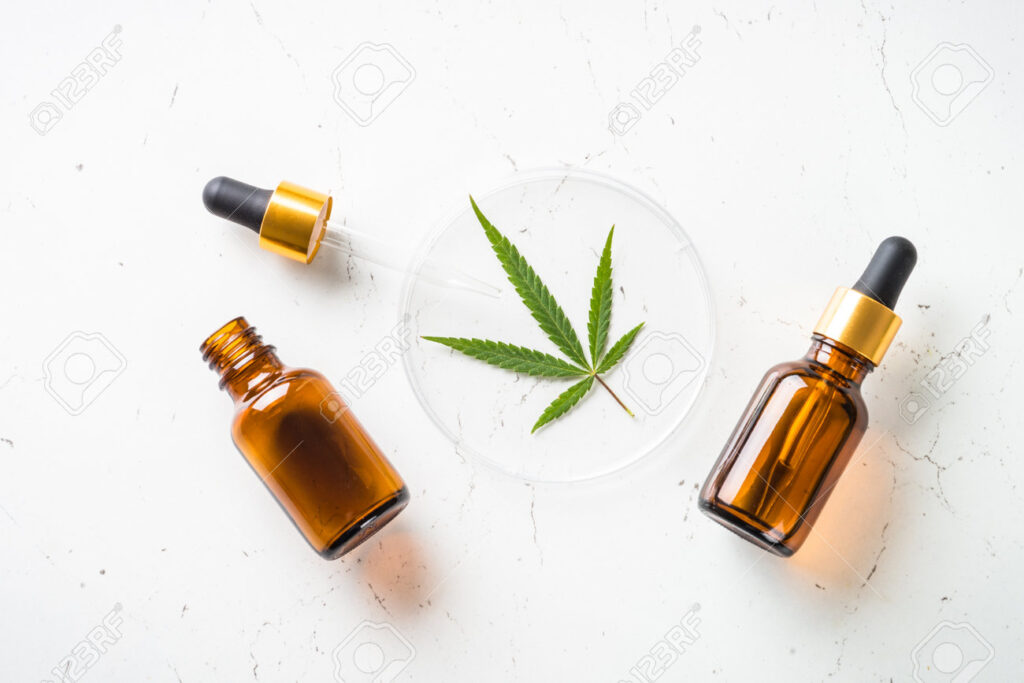
In recent years, CBD, short for cannabidiol, has gained widespread attention for its potential health benefits. This article delves into what CBD is and explores its various advantages.
What is CBD?
CBD is one of over a hundred naturally occurring compounds found in the cannabis plant. Unlike its more famous counterpart, THC (tetrahydrocannabinol), CBD is not psychoactive, meaning it does not produce a “high” when consumed. Instead, CBD is valued for its potential therapeutic properties.

Pain Management
One of the most well-known benefits of CBD is its role in pain management. CBD interacts with the endocannabinoid system in the body, which plays a crucial role in regulating pain. Many individuals turn to CBD to alleviate chronic pain conditions such as arthritis, migraines, and neuropathic pain. While more research is needed, there is promising evidence to suggest that CBD can be an effective natural remedy for pain relief.
Anxiety and Stress Reduction
CBD has garnered attention for its potential to reduce anxiety and stress. Some users report feeling more relaxed and less anxious after taking CBD. Research suggests that CBD may influence the brain’s receptors for serotonin, a neurotransmitter that regulates mood and social behavior. This can potentially lead to improvements in anxiety-related disorders, such as generalized anxiety disorder and social anxiety disorder.
Improved Sleep
For those struggling with sleep disorders like insomnia, CBD may offer a natural solution. CBD’s calming effects can help individuals relax and fall asleep more easily. Some studies indicate that CBD may also improve the quality of sleep by reducing instances of waking up during the night and promoting deeper sleep cycles.
Anti-Inflammatory Properties
CBD possesses anti-inflammatory properties, which make it a potential candidate for managing inflammatory conditions. Conditions like rheumatoid arthritis and inflammatory bowel disease may benefit from CBD’s ability to reduce inflammation in the body. By modulating the immune response, CBD may help alleviate symptoms associated with these conditions.
Epilepsy Management
One of the most well-established medical uses of CBD is in the treatment of epilepsy. Epidiolex, a prescription medication containing pure CBD, has been approved by the U.S. Food and Drug Administration (FDA) for the treatment of two rare forms of epilepsy: Lennox-Gastaut syndrome and Dravet syndrome. Clinical trials have shown significant reductions in seizure frequency among patients using Epidiolex.
Neuroprotection
Emerging research suggests that CBD may have neuroprotective properties. It may help protect the nervous system and brain from damage due to various factors, including oxidative stress and inflammation. This has sparked interest in the potential use of CBD in treating neurodegenerative diseases like Alzheimer’s and Parkinson’s.
Anti-Seizure Effects
In addition to its use in epilepsy, CBD may have broader anti-seizure effects. While the mechanisms are not fully understood, CBD’s ability to interact with the brain’s electrical activity has led to investigations into its potential to reduce the severity and frequency of seizures in various conditions.
Support for Mental Health
CBD’s influence on serotonin receptors may extend beyond anxiety, potentially offering support for individuals with depression or post-traumatic stress disorder (PTSD). Research in this area is ongoing, but preliminary findings suggest that CBD may play a role in regulating mood and emotional well-being.
Skin Health
Topical CBD products, such as creams and oils, are gaining popularity for their potential benefits for skin health. CBD’s anti-inflammatory and antioxidant properties may help soothe skin conditions like acne and eczema. Some users also report improvements in the overall appearance and texture of their skin.
Exploring CBD’s Versatility
CBD’s versatility extends beyond its direct health benefits. It has also found applications in various industries and product categories. Here are some notable areas where CBD has made an impact:
1. Beauty and Skincare:
The beauty and skincare industry has embraced CBD for its potential to soothe skin, reduce redness, and combat signs of aging. CBD-infused creams, serums, and masks have become popular choices among those looking for natural skincare solutions.
2. Fitness and Recovery:
Athletes and fitness enthusiasts have turned to CBD as a post-workout recovery aid. Its anti-inflammatory properties can help reduce muscle soreness and promote faster recovery, making it a valuable addition to workout routines.
3. Pet Care:
CBD is not limited to human use; it has also found its way into the pet care industry. Many pet owners use CBD products to help manage anxiety, pain, and certain health conditions in their furry companions.
4. Alternative to Pharmaceuticals:
Some individuals are exploring CBD as an alternative to traditional pharmaceuticals. They appreciate its natural origins and the potential for fewer side effects compared to prescription medications.
5. Wellness Supplements:
CBD is increasingly available in the form of dietary supplements, such as CBD capsules and tinctures. These products offer a convenient way to incorporate CBD into daily wellness routines.
6. Smoking Cessation:
There is some anecdotal evidence suggesting that CBD may help individuals quit smoking by reducing nicotine cravings and withdrawal symptoms. While further research is needed in this area, it is an interesting potential application.
7. Culinary Delights:
CBD has even made its way into the culinary world. Chefs and food enthusiasts are experimenting with CBD-infused dishes and beverages, adding a unique twist to the dining experience.
Regulatory Considerations
While CBD holds significant promise, it’s important to note that the regulatory landscape surrounding it varies from country to country. In some places, CBD products are readily available over the counter, while in others, they are subject to stricter regulations. It’s essential for consumers to be aware of the legal status of CBD in their region and purchase products from reputable sources that adhere to regulatory guidelines.
Safety and Side Effects
CBD is generally considered safe and well-tolerated. However, like any substance, it can have side effects, which may include dry mouth, changes in appetite, diarrhea, and fatigue. Additionally, interactions with certain medications can occur, so it’s essential to consult with a healthcare professional before using CBD, especially if you are taking other medications.
Conclusion
CBD, with its diverse range of potential health benefits, has captured the attention of individuals seeking natural alternatives for various health and wellness concerns. From pain management and anxiety reduction to skincare and fitness recovery, CBD has found its way into numerous facets of modern life. While it is not a one-size-fits-all solution and individual responses may vary, its growing popularity and ongoing research suggest that CBD will continue to play a significant role in the world of health and wellness. As with any health-related decision, consulting with a healthcare professional is advisable before incorporating CBD into your routine, ensuring that it aligns with your specific needs and circumstances.
